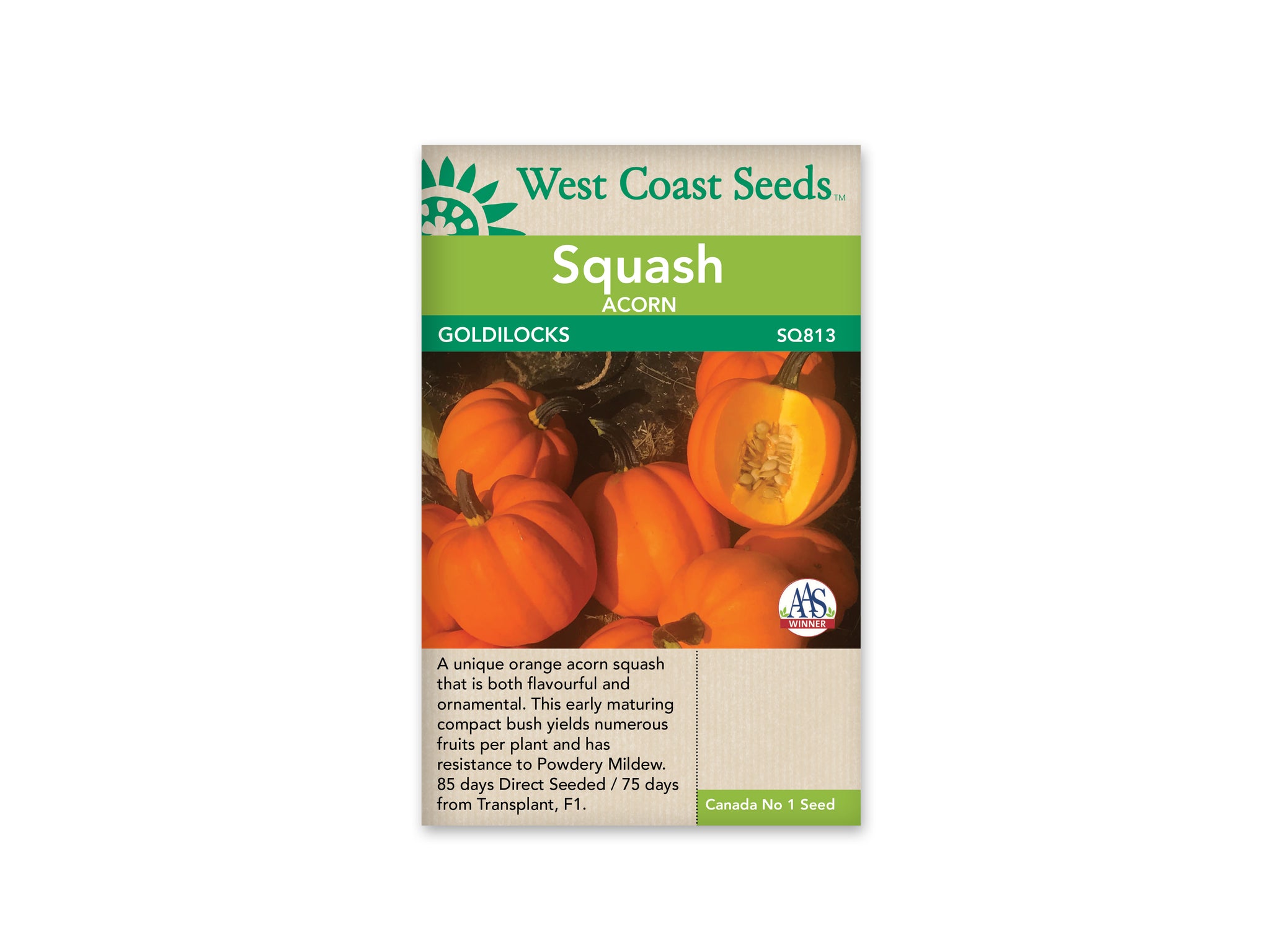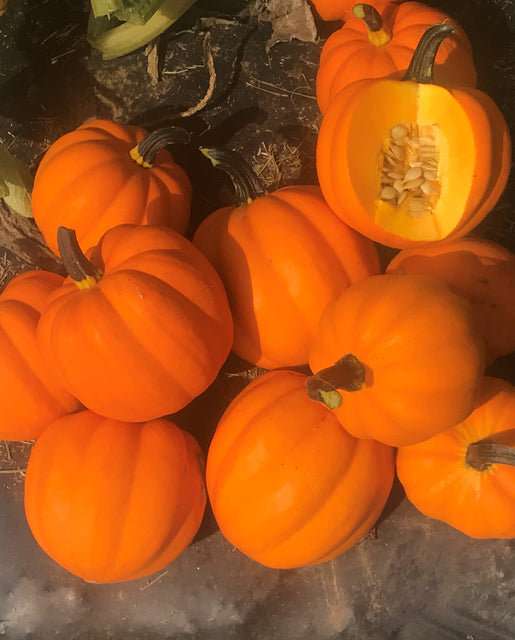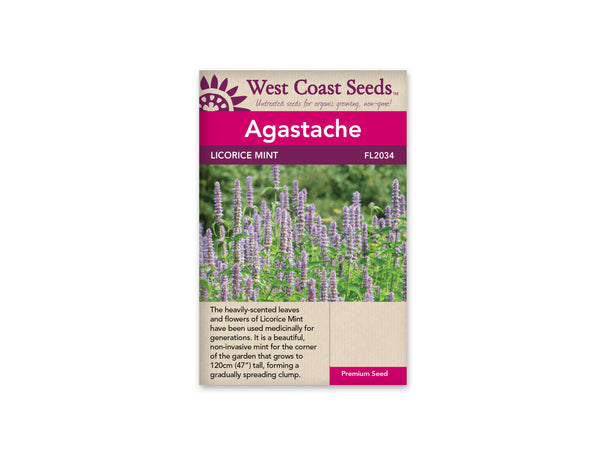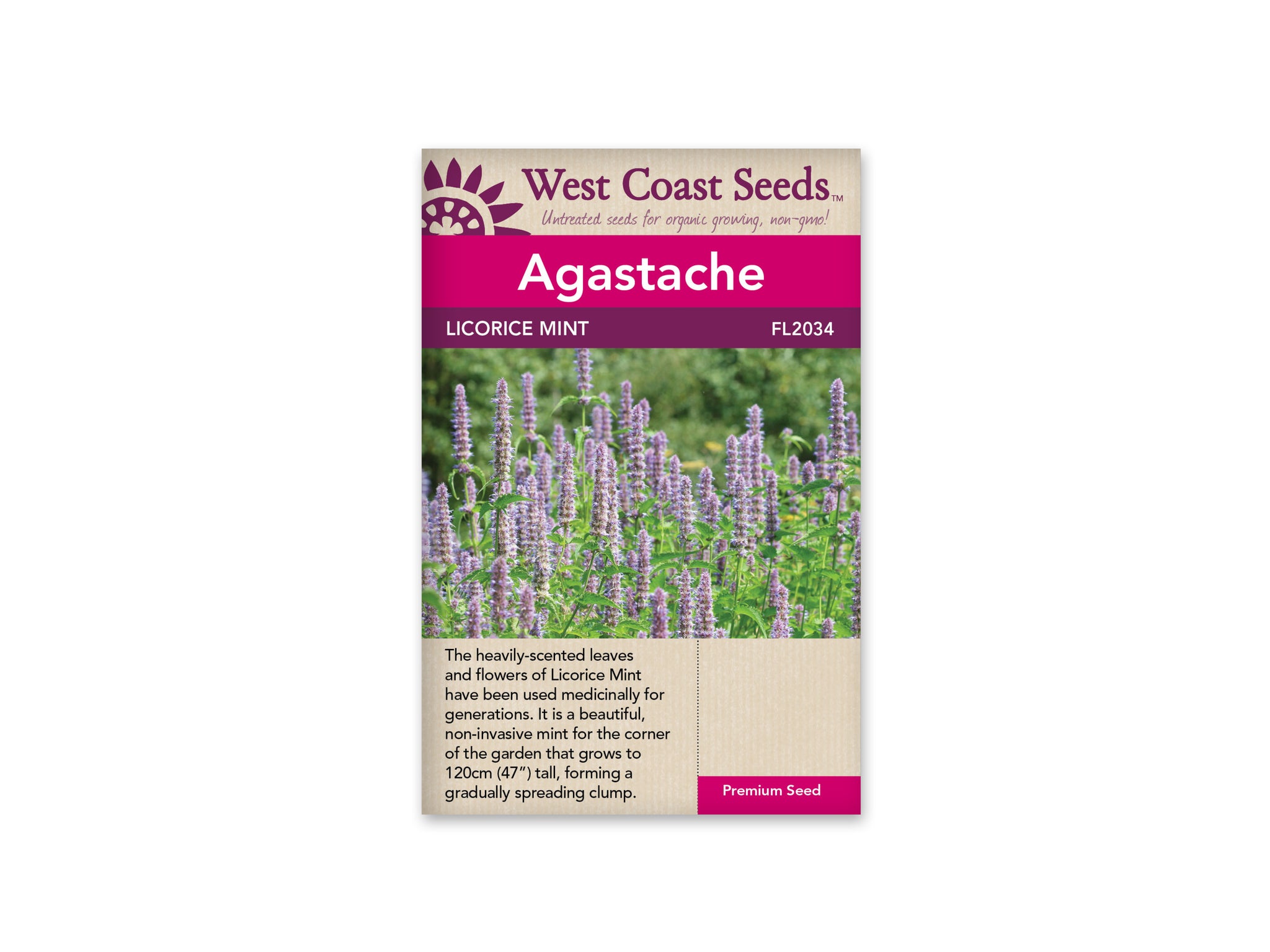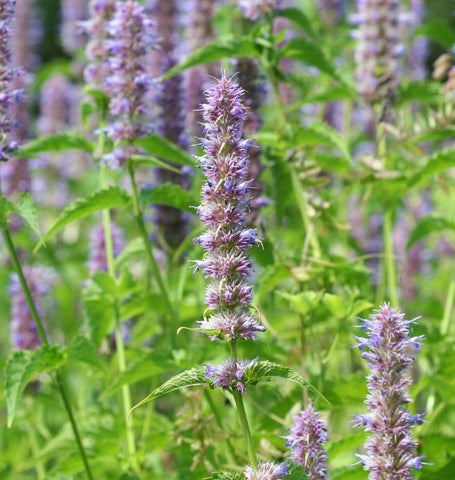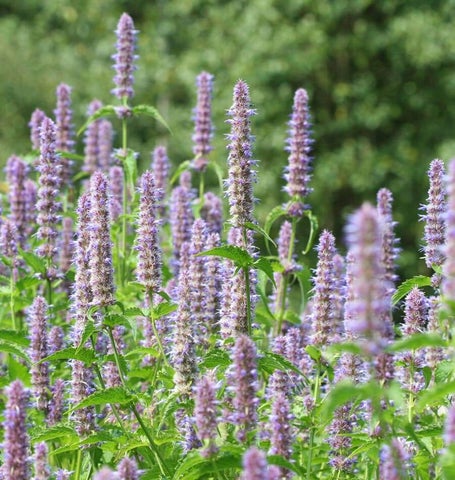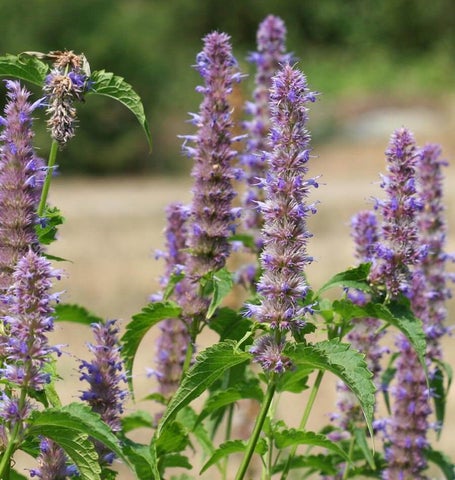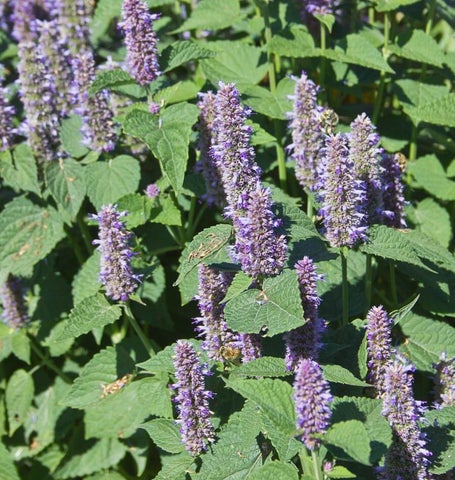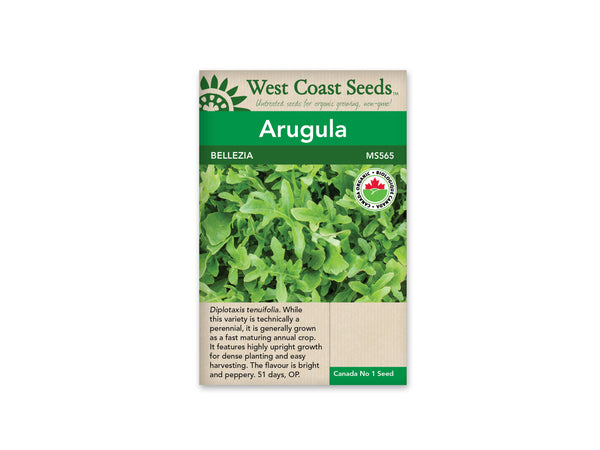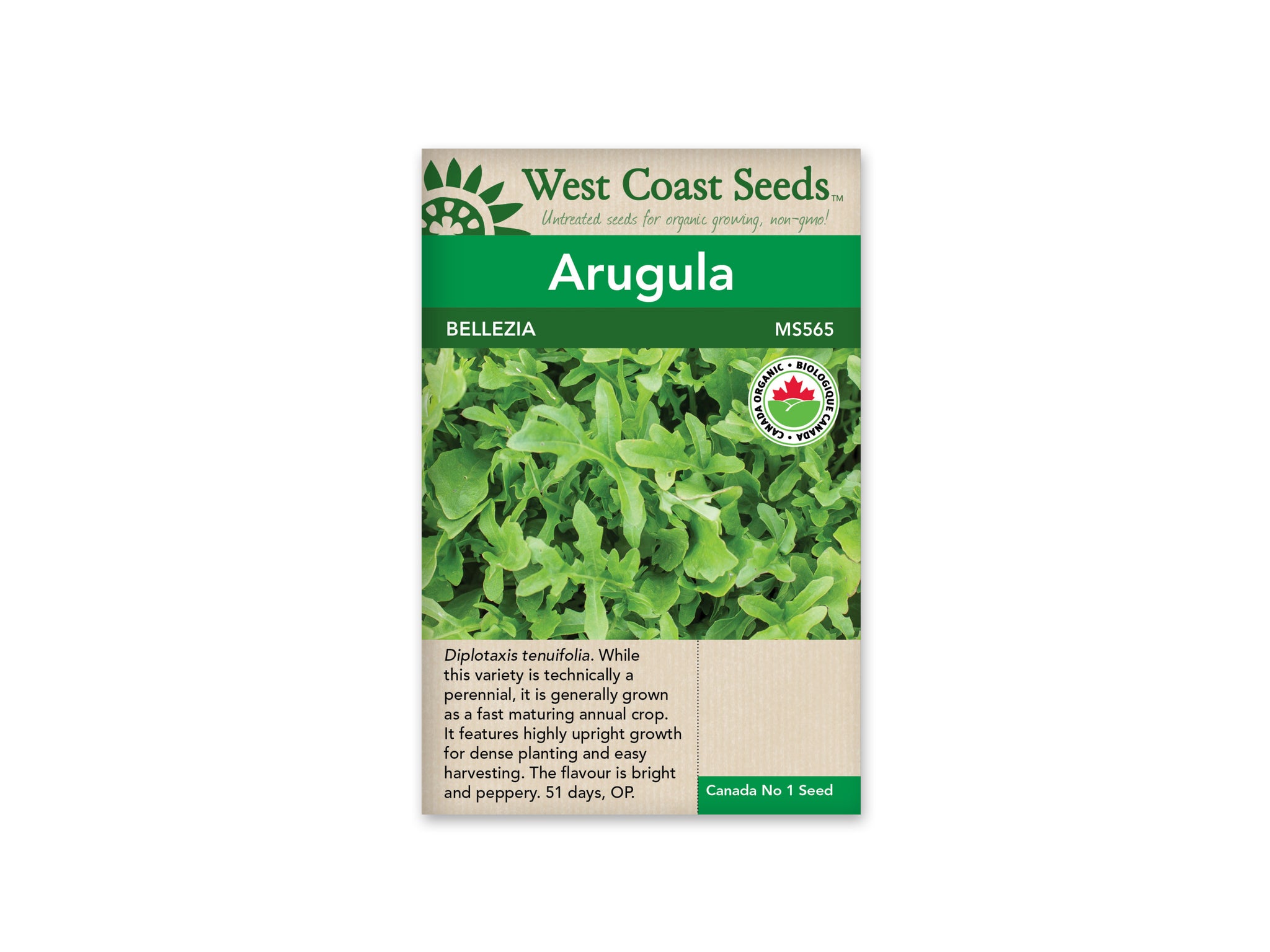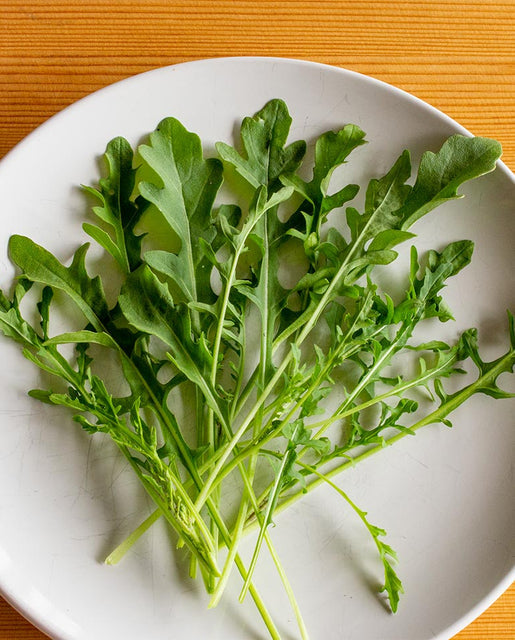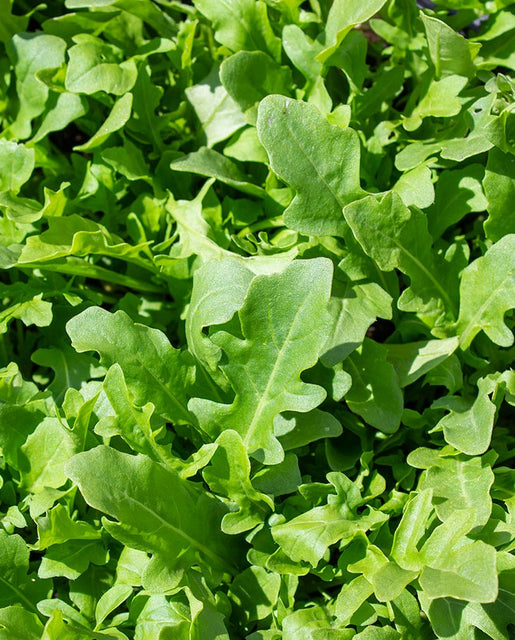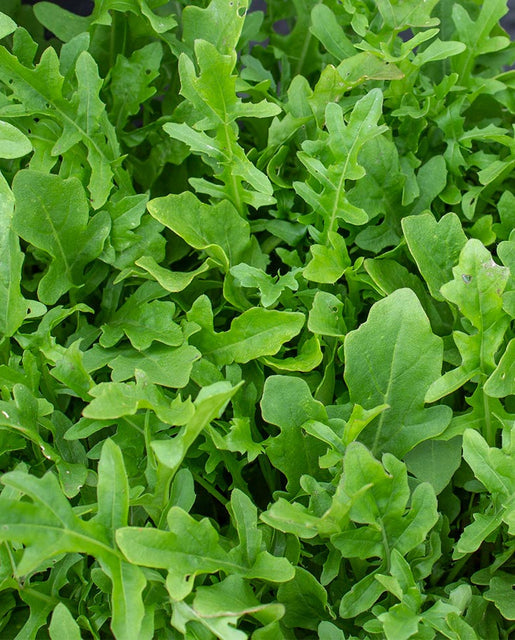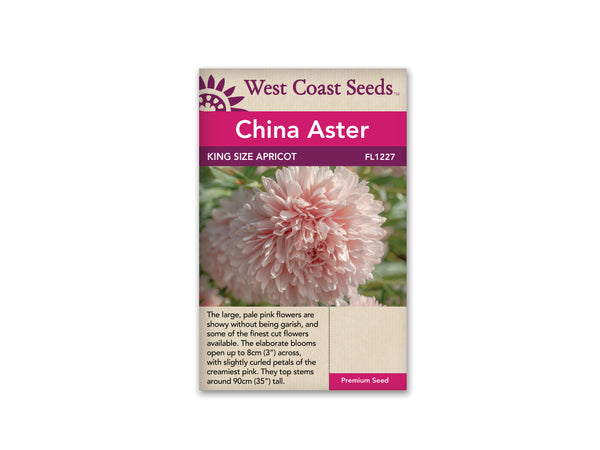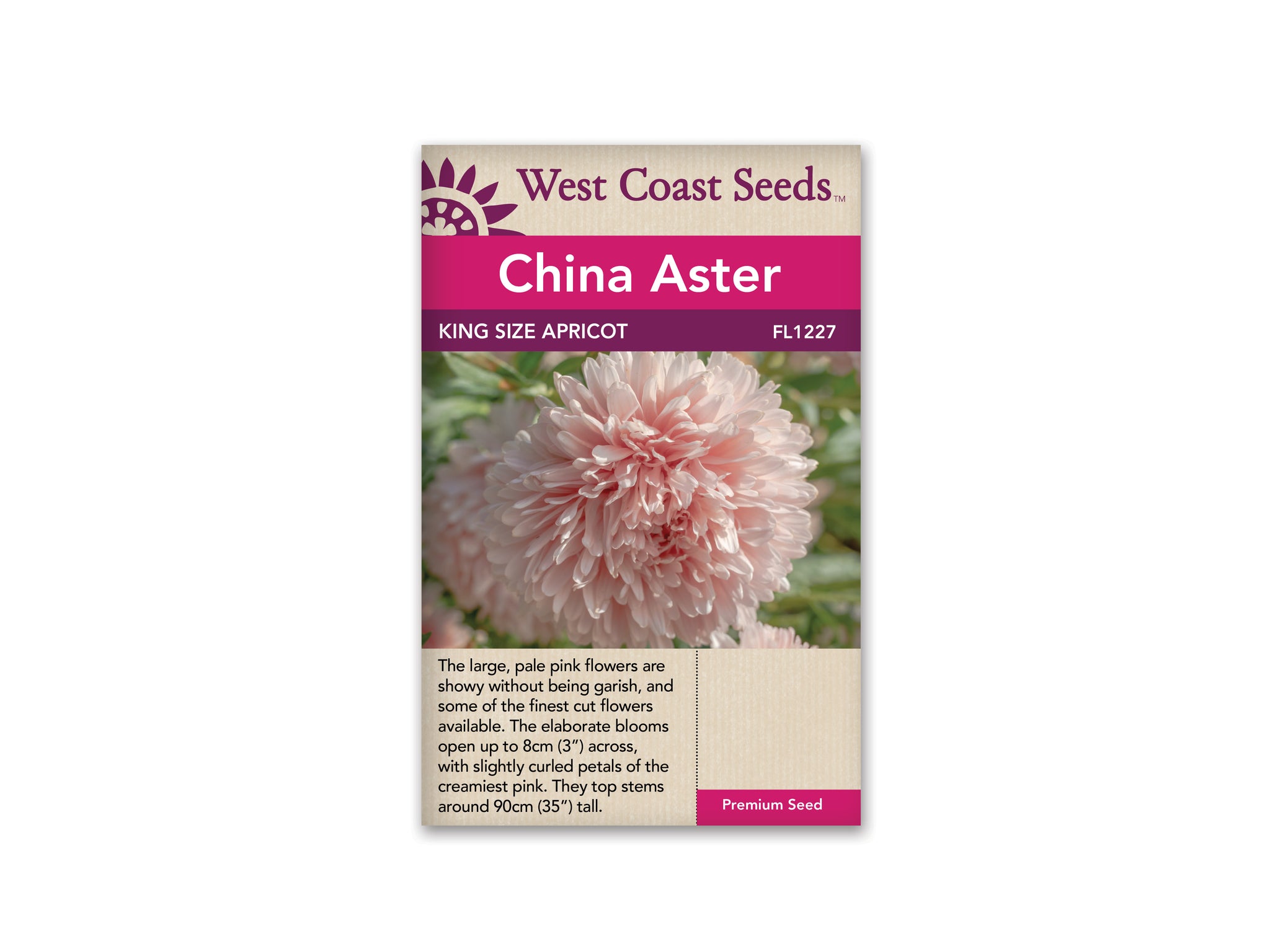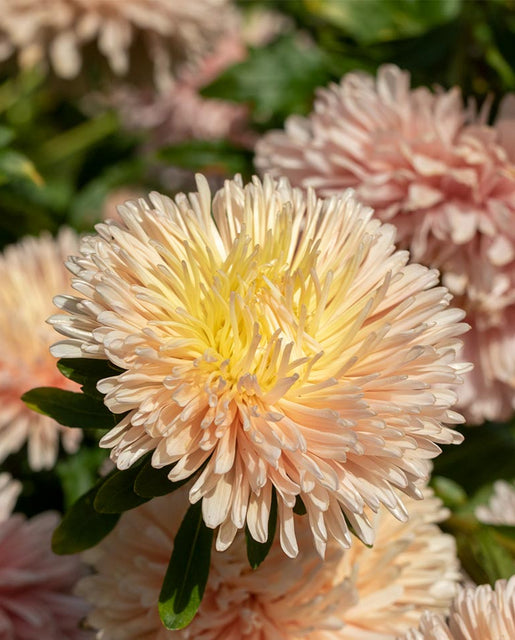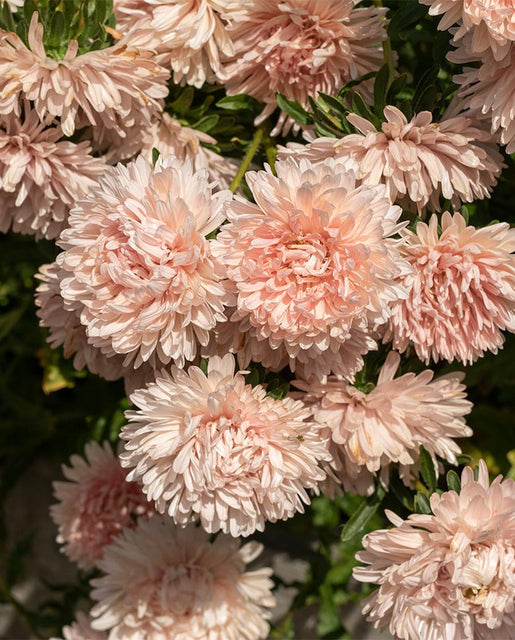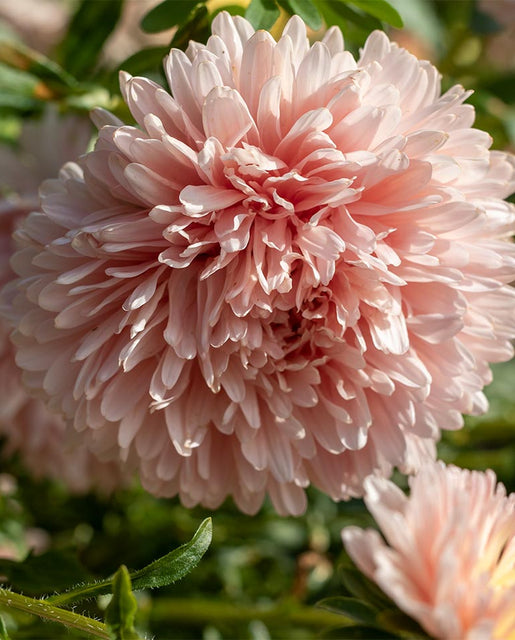Canadian Orders: Flat-Rate Shipping on Orders over $75 | Orders Over $150 Ship Free!
-
Shop
- New Arrivals
- Gardening
- Seeds
- Children + Baby
- Bath + Skin Care
- Baby Toys
- Books
- Puzzles + Games
- Loose Parts + Creative Play
- The Little Naturalist
- Play Chef
- Slings
- Apothecary
- Kids Lunches
- Accessories
- Sustainable Living
- Brushes / Brooms
- Food Storage
- Outdoors
- Coffee, Tea, Chocolate + Honey
- Coffee + Tea Accessories
- Water bottles + Travel Mugs
- Cookbooks
- Dishwashing
- Laundry
- Cleaners
- Accessories
- On The Go Essentials
- Self Care
- Face Care
- Body Care
- Hair Care
- Cosmetics
- Deodorant
- Toothpaste + Oral Care
- Sun Care
- Accessories
- Zero Waste Bathroom
- Soap
- Essential Oils
- For Men
- Books
- Apothecary + Natural Supplements
- Pet Care
- Shop Local
- Bulk
- In Store Pick Up
- Home Improvement
- Paint & Stain
- Discover
- Bulk Bar
Squash — Acorn, Goldilocks F1
Sold Out $4.89
A unique, bright orange acorn squash that is both flavourful and ornamental. AAS judges highlighted Goldilocks as preferred for both taste and texture. This compact bush yields numerous 0.4-1.3 kg (1-2 lbs) fruits per plant, making it a great choice for growers with limited space. It matures early in the field too so makes a fantastic choice for northern gardeners with shorter seasons. Furthermore, this acorn squash thrives in coastal climates as is boasts resistance to Powdery Mildew.
Matures in 100 days. (Open-pollinated seeds)
Quick Facts:
- AAS Winner
- Fruit size averages 0.4-0.9 kg (1-2 lbs)
- Compact bush
Size: 10 seeds
Difficulty
Easy, but all squash plants take up space, and some can be huge.
Season: Warm season
Exposure: Full sun
Timing
Direct sow or transplant in late May or early June when soil is warm. For transplants, start seeds indoors in late April or early May. Optimal soil temperature for germination: 25-35°C (68-95°F). Seeds should sprout in 7-14 days.
Starting
Sow seeds 2cm (1″) deep. Sow 3 seeds in each spot where you want a plant to grow, and thin to the strongest plant. Space summer squash 45-60cm (18-24″) apart in rows 90-120cm (36-48″) apart. Give winter squash and pumpkins even more room with a minimum of 90-120cm (36-48″) apart in rows 120-180cm (48-72″) apart.
Growing
Ideal pH: 6.0-6.8. These big plants need lots of food. Use 1 cup of complete organic fertilizer worked into the soil beneath each plant. All squash grow male flowers first, at later female flowers. The female flowers have tiny fruits at the base of their petals and require pollination by bees mostly. Incomplete pollination often happens at the beginning of the season, and results in misshapen fruits that are withered at the blossom end. Just discard these damaged fruits before they begin to rot. Encourage bees to visit the garden by growing Phacelia, sunflowers, or buckwheat for improved pollination.
Harvest
Winter Squash: Fruit is ripe if your thumbnail doesn’t mark the skin and the stem is dry and brown. Cut the stem about 4cm (2″) from the fruit. Squash survive a light frost, but store better if harvested before frost.
Storage: Field-cure for 10 days in the sun, or cure indoors in a warm room for 4 or 5 days. To prevent mould sponge the skins with a solution of 10 parts water to 1 part chlorine bleach. Store at 10-15ºC (50-60ºF) with low humidity with good air circulation. Try on a shelf in the garage.
Seed Info
In optimal conditions at least 80% of seeds will germinate. Usual seed life: 2 years. Per 100′ row: 180 seeds, per acre: 15M seeds.
Diseases & Pests
Bacterial wilt (Erwinia tracheiphila) – Remove an destroy infested plants. If striped or spotted cucumber beetles appear, control as early as possible. Powdery mildew – avoid wetting foliage if possible. Water early in the day so that above ground parts of the plants dry as quickly as possible. Avoid crowding plants and eliminate weeds around plants and garden area to improve air circulation. Viral disease – remove and destroy entire infested plant along with immediately surrounding soil and soil clinging to roots.
Companion Planting
Companions: corn, lettuce, melons, peas, and radish. Avoid planting squash near Brassicas or potatoes. Borage is said to improve the growth and flavour of squash. Marigolds and nasturtium repel numerous squash pest insects.
Related Items
Agastache — Licorice Mint
Sold Out $3.49
Agastache foeniculum. With heavily licorice-scented leaves and tall spikes of edible lavender flowers, Licorice Mint has been used medicinally for generations. It also happens to...
View full product detailsArugula, Wild — Selvatica Heirloom Organic
Sold Out $3.69
CERTIFIED ORGANIC! Diplotaxis tenuifolia. While technically this variety is a perennial, growers and home gardeners will probably prefer growing it as a fast maturing annual crop. Bellezia...
View full product detailsAster — King Size Apricot
Sold Out $4.19
Callistephus chinensis. King Size Apricot China Asters are some of the most sensational cut flowers we know of. The large, pale pink flowers are showy without...
View full product detailsSign up to get the latest on sales, new releases and more…
© 2025 Sustain.
Ecommerce Software by Shopify

